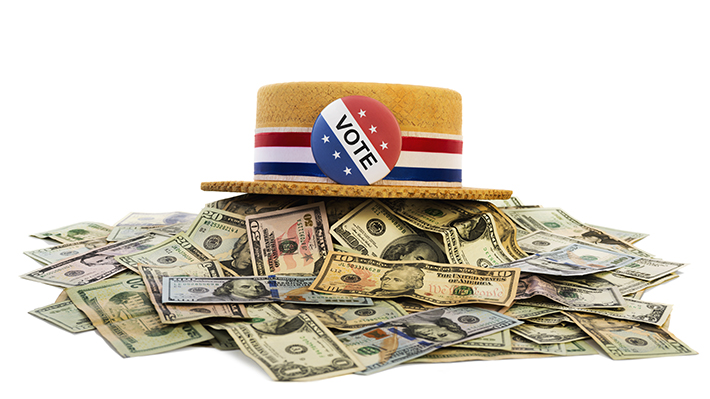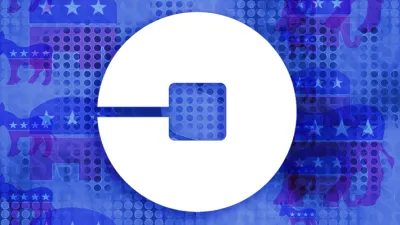
Professors Grade Goldman Sachs on New Campaign Contribution Policy
September 7, 2016
A Drexel LeBow poll asked a panel of business school professors to grade Goldman Sachs on new rules that effectively ban the firm’s partners from contributing to certain political campaigns, including the Trump-Pence ticket. Overall, the panel, involving experts from 39 world-renowned universities gave Goldman Sachs a “C-” for how it is handling this political issue.
The Goldman Sachs policy in question — effective as of Sept. 1 — restricts top employees from contributing to campaigns of politicians running for state or local offices, as well as donations to state officials who are seeking federal office. This policy effectively bans donations to the Trump/Pence ticket since Pence is governor of Indiana. The policy does not restrict donations to Clinton-Kaine because Tim Kaine is not considered a local official under Goldman’s rules.
Politico reported on an internal email which included the rule.
“Restricted Persons are prohibited from engaging in political activities and/or making campaign contributions to candidates running for state and local offices, as well as sitting state and local officials running for federal office… The policy change is also meant to minimize potential reputational damage caused by any false perception that the firm is attempting to circumvent pay-to-play rules, particularly given partners’ seniority and visibility… All failures to pre-clear political activities as outlined below are taken seriously and violations may result in disciplinary action.”
Goldman’s CEO, Lloyd Blankfein, has not said for whom he will vote in 2016, but he donated to Clinton when she ran against Obama in 2008. Goldman Sachs has declined to comment to the media.
A total of 27 panelists participated in this round of the poll. Grades from panelists ranged from “A” to “F.” The average grade, using a standard GPA calculation was a “C-.” Grades were fairly consistent across political leanings of the panelists, although grades from self-reported left-leaning panelists were somewhat higher, averaging a “C+.”
“A dominant theme from this poll is that Goldman Sachs needs to do more to explain the rationale behind the new rules,” said Daniel Korschun, an associate professor at Drexel’s LeBow College of Business, and lead administrator of the poll.
Panelists agreed that the company should examine its campaign contribution policies. “The idea of limiting reputational threats from contributions is forward thinking,” wrote one panelist in open-ended comments. “[But] the execution is lacking because of the [apparent] loop holes and appearance of favoring a ticket.” Another characterized the policy as “probably prudent, if perhaps ill-timed on the part of the firm.” Yet another wrote “the timing and scope of the rule gives an appearance of political favoritism.”
Along with an overall grade, the poll asked panelists to rate the company on four additional dimensions on a scale of 1-5. The panel rated this campaign contribution policy as “materially relevant for stakeholders” (3.6). It also gave adequate marks for the consistency of the policy with Goldman Sachs’ core values (3.1). However, the panel found fault with the company’s transparency (2.3) and gave somewhat lower scores for leadership on the issue (2.6).
The Real Time Expert Poll © will be administered periodically when a company takes a public stand on a political issue. Panelists self-report their political leaning as liberal, middle of the road, or conservative.


